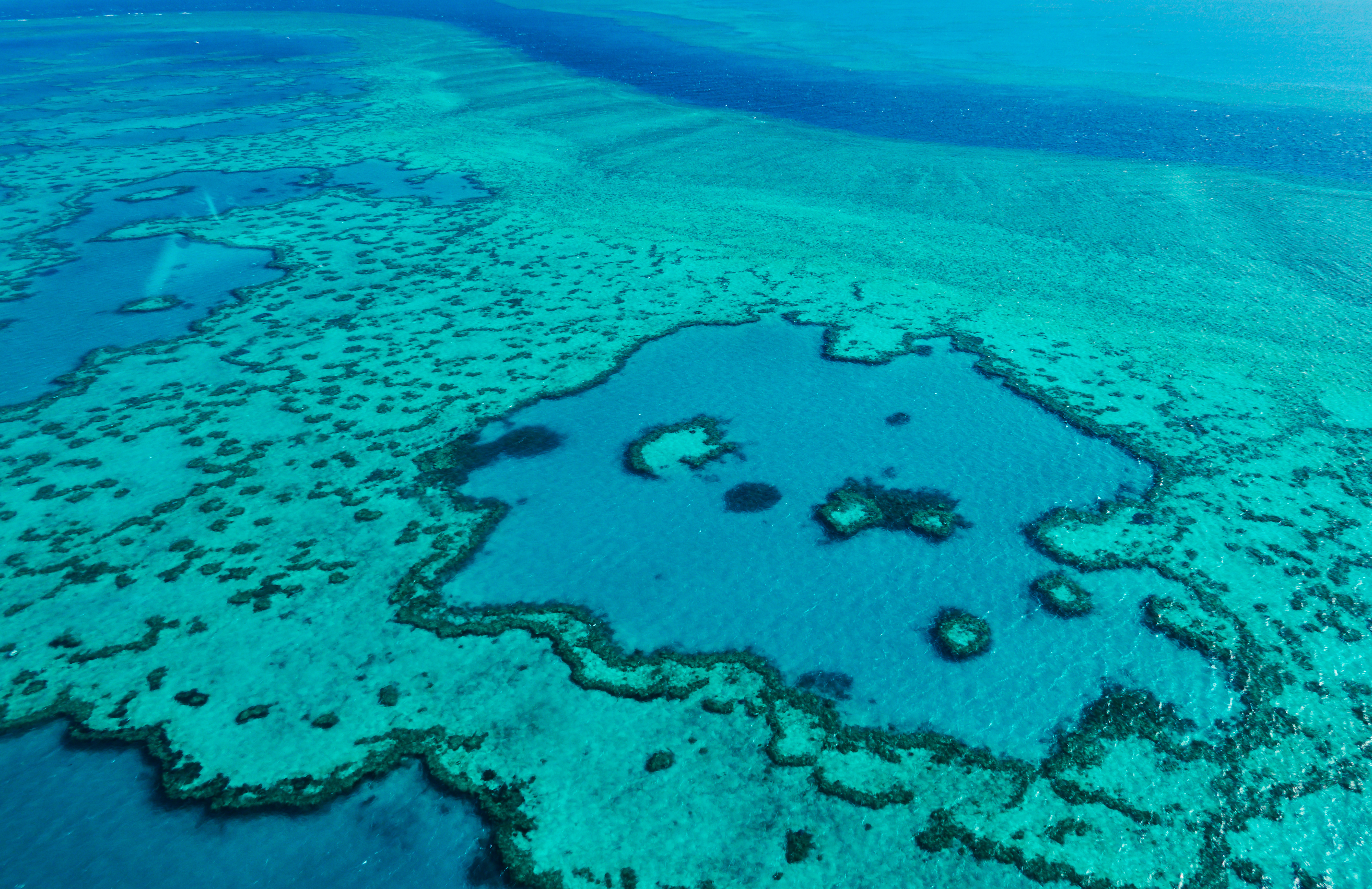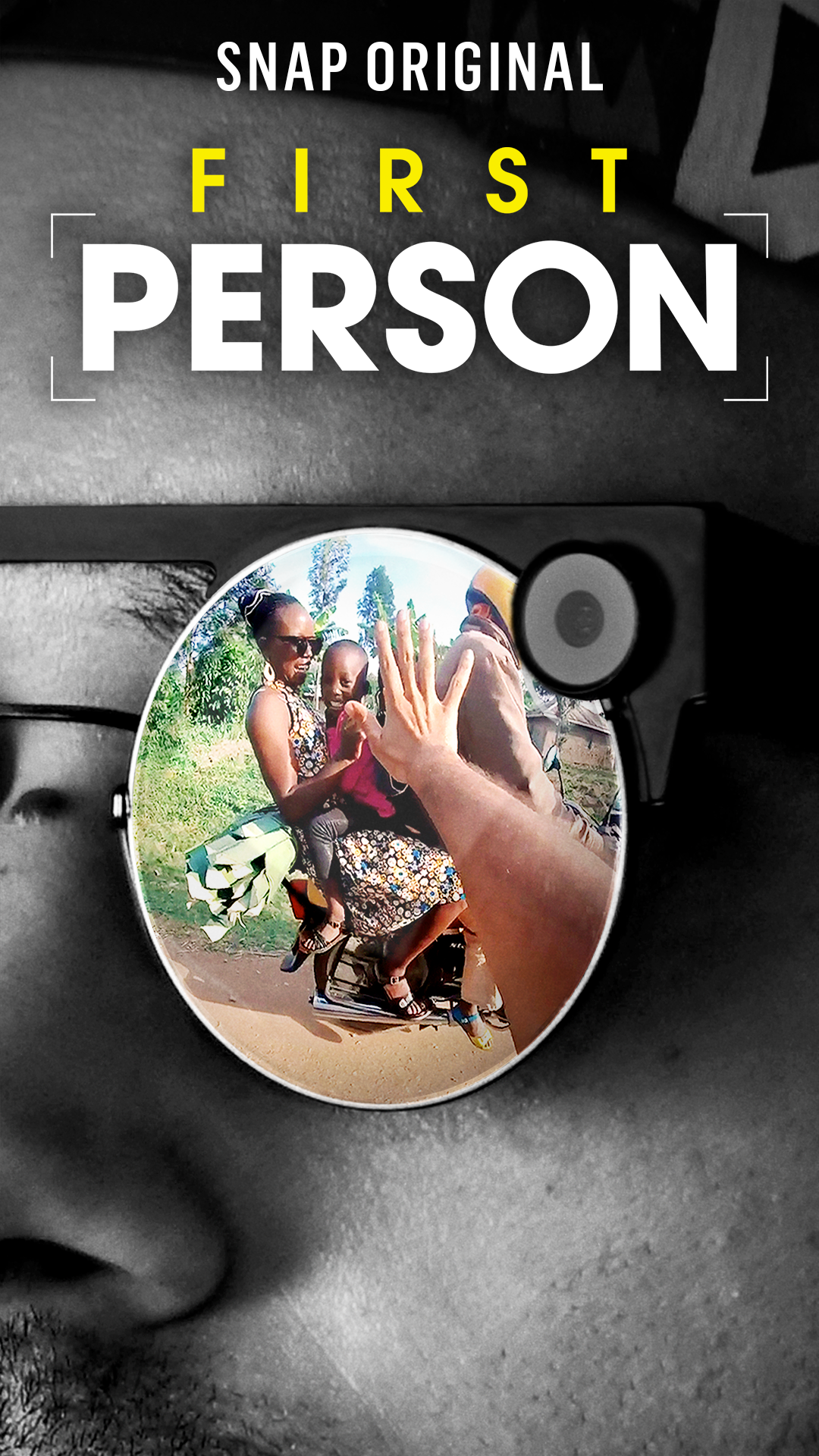Everything

From landmines plaguing farming space in Tanzania, to a crisis of wigs made from plastic in Kenya and Australia’s own dying coral reefs off the coast of Brisbane, around the globe, tackling the issues contributing to Climate Change has never been so broad, nor as urgent as it is now. But as David Attenborough said in his witness statement, A Life On Our Planet, “If we act now, we can yet put it right.”
Speaking to Yusuf Omar, a former CNN Senior Social Reporter, he says the urgency surrounding the climate crisis, “can’t be hit hard enough.”
“I think having watched the last documentary and seeing the response, I don’t think [David Attenborough] was urgent enough. I’ve had friends and peers and people that have watched it come out with the assumptions that, ‘Wow, if we change our behaviours, we can still turn this around’. And that is true, but there is also a risk that humans think that we’re in control of this destiny, that we can turn this around really quickly. The reality is, that around Global Warming, we can reach a tipping point where so much carbon is released that we can do nothing to come back from it…”
READ: UNION SQUARE USED TO SHOW THE TIME, NOW IT SHOWS HOW LONG WE’VE GOT LEFT
That’s where Snapchat comes in. Acting as the climate correspondent and executive producer on Snap Originals series First Person, the mobile journalist has reimagined the documentary format. Using Snapchat Spectacles, each of the twelve episodes created by Omar features stories told through the eyes of extraordinary young innovators creating positive change, as they fight to protect our planet in unique ways. From turning urine into bricks to creating hair extensions out of plants, the series showcases unexpected solutions to the environmental problems you didn’t even know existed.
Travelling to over six different countries and in wake of the health crisis, sending spectacles around the globe, Omar has shared the tales of people in Los Angeles, Zimbabwe, Capetown, Tanzania and home, in Australia, and season one is just the tip of the melting iceberg on what is occurring. But for our shores Down Under, mining is our biggest concern.
“Australia for the most part, has a huge juxtaposition on the surface, a country that has done an incredible job looking after pristine beaches and caring for its forests and looking after endangered wild life populations. But, is also one of the major mining giants in the world,” Omar tells ICON. “In Australia, you have these two environmental worlds existing side by side. One where we care deeply about the things that we see in front of us and that we love, and another that we are hugely reliant on mineral wealth, and I don’t think most Australians are conscious of the long term, global environmental impacts of that.”

It is conversations like these that are building a more considered generation of young people as seen on First Person. With the series dropping from Saturday, October 24, in the interim, Omar reveals one simple way we can change our habits for a more sustainable future.
“One of the people in our interviews here in Australia, Serena who is building robots, left me with the most memorable quote of the whole thing. And she said, ‘This is not about one person doing everything right, it’s about millions of people coming together to do the right thing’.”
First Person will premiere on Snapchat from October 24. Watch, here.